Swansea Sound: “Twentieth Century”
Ira Robbins podcast interviews
Walden Pink
Arthur Brown Is Back!
Colored Vinyl: A Chronological Survey
French indie rock pix
The Beatles. Really?
“The bible of alternative rock”
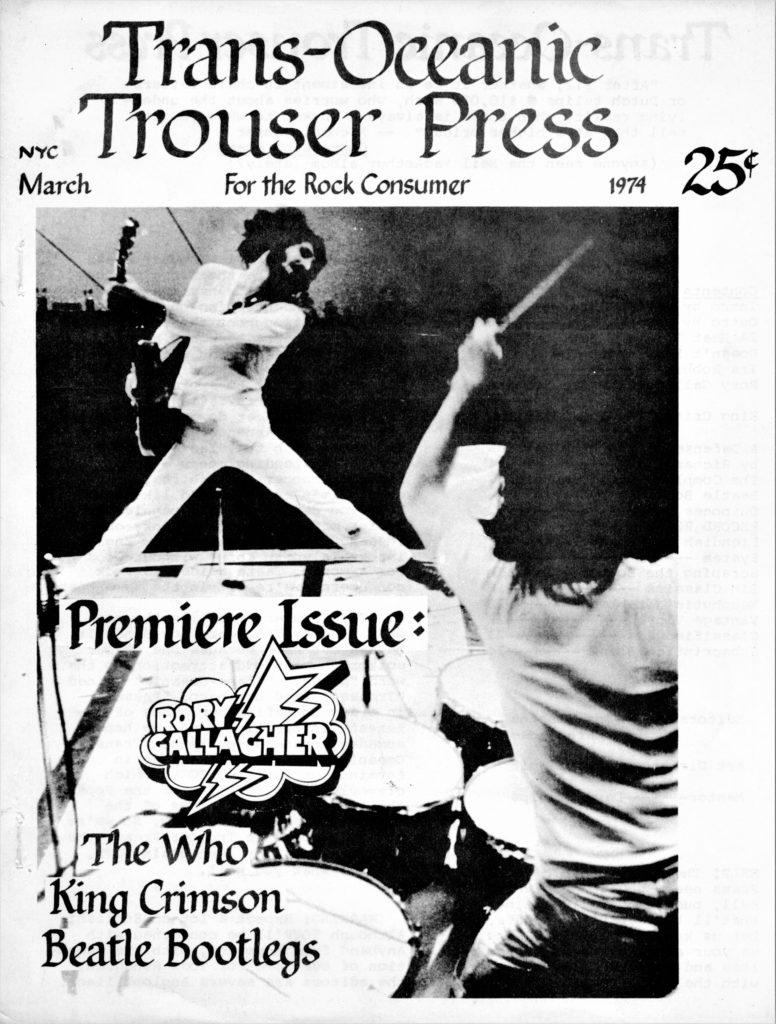

vvxvx 















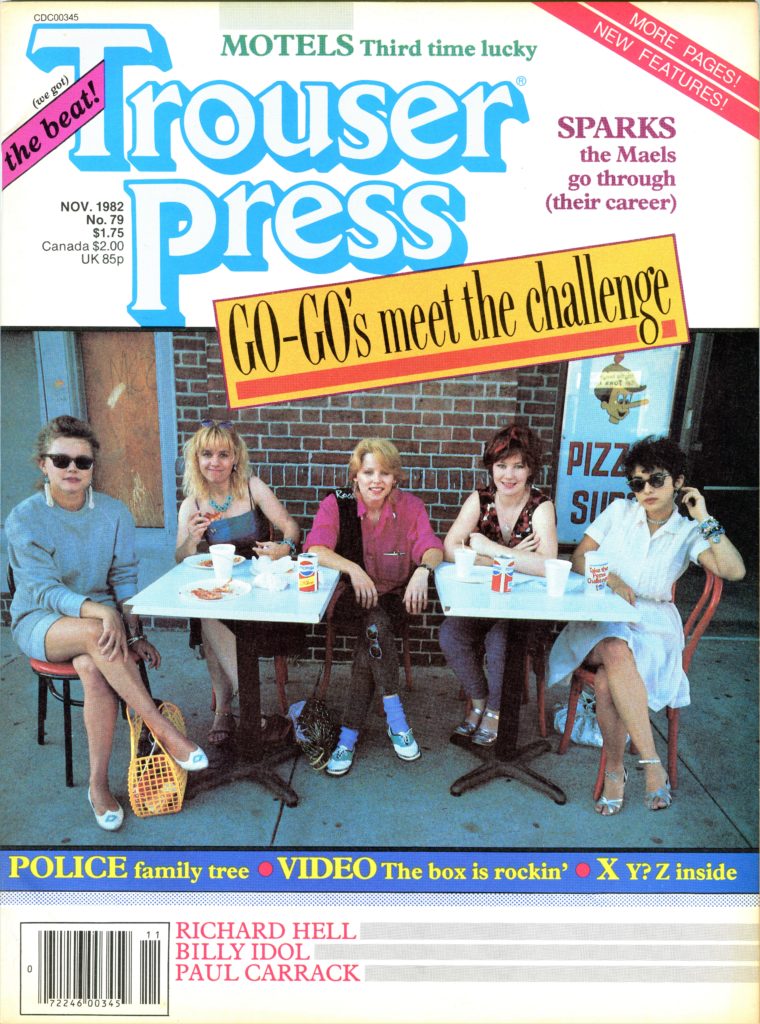

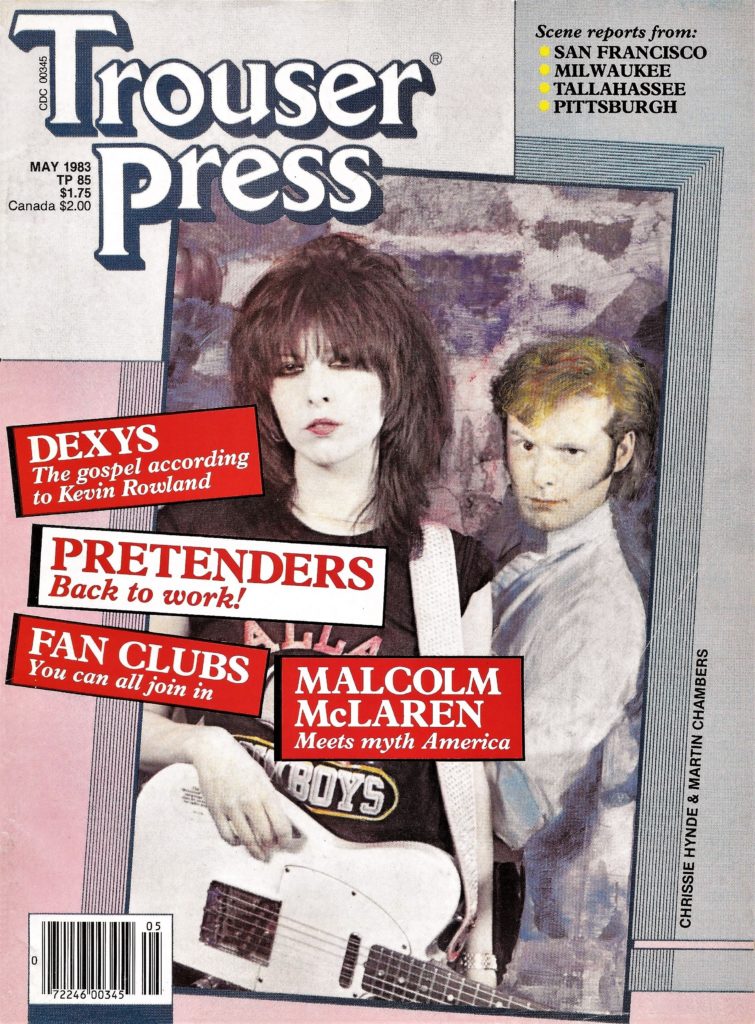

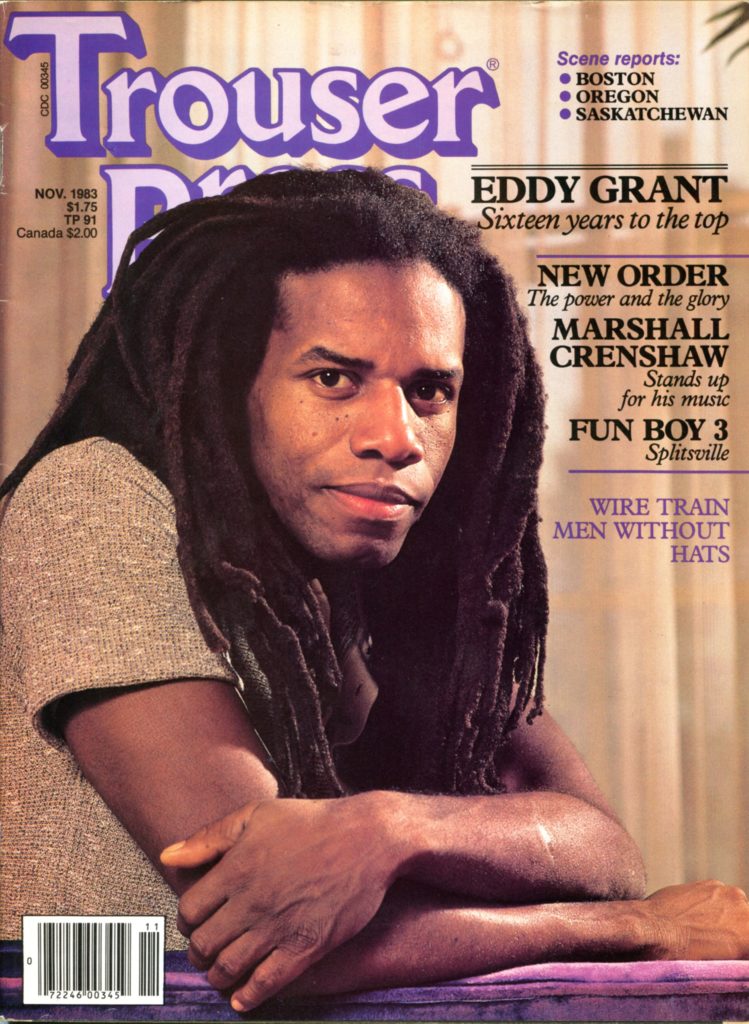















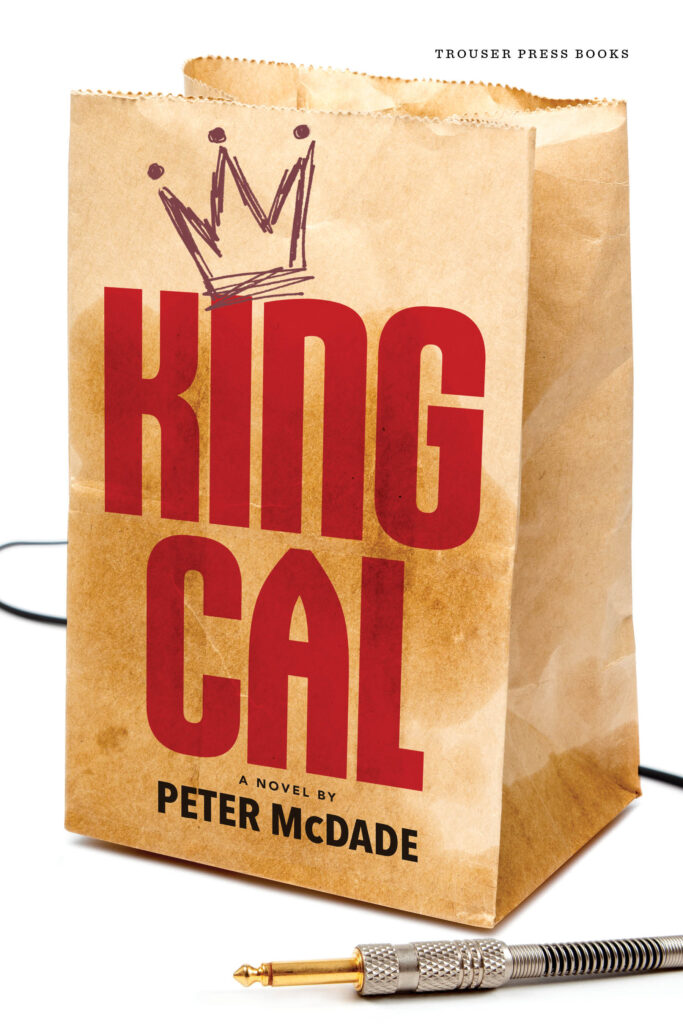

After a decade in print (1974-84), Trouser Press magazine went online in 1997. In 2002, the contents of five Trouser Press Record Guides formed the basis of a new site, which relaunched in 2020 as a music portal with features, reviews, interviews, the indexed Trouser Press archive, a forum, Trouser Press Books and much more. Use the links below.
Articles | view all
- Never Understood So Well: The Jesus and Mary Chain
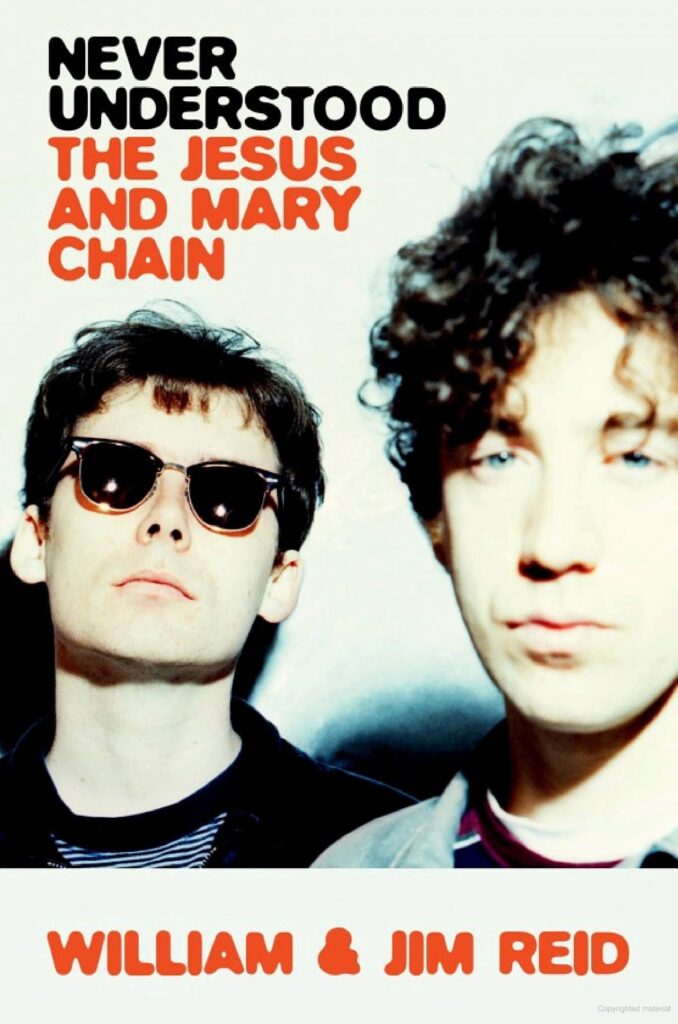 The effect is not of a book being read aloud, but of two enormously likable fellows alternately recounting their shared life story for nine mesmerizing hours. It’s weirdly intimate, almost as if they’re speaking directly to you. And with colorful inflections. It’s fucking brilliant.
The effect is not of a book being read aloud, but of two enormously likable fellows alternately recounting their shared life story for nine mesmerizing hours. It’s weirdly intimate, almost as if they’re speaking directly to you. And with colorful inflections. It’s fucking brilliant. - When the Cramps Played the Napa Psychiatric Hospital
 Living in San Francisco in the late 1970s, Philip Polarov is a writer scraping by on a series of odd jobs while attempting to turn his self-described “stream of drivel” into an Important Novel. As the last soldiers of the Beat Generation become ghosts in the North Beach neighborhood they put on the map and the Baby Beats, a new clique of their acolytes, take over the bars and coffeehouses, Philip searches for meaning, sex, drugs … and an affordable place to crash.
Living in San Francisco in the late 1970s, Philip Polarov is a writer scraping by on a series of odd jobs while attempting to turn his self-described “stream of drivel” into an Important Novel. As the last soldiers of the Beat Generation become ghosts in the North Beach neighborhood they put on the map and the Baby Beats, a new clique of their acolytes, take over the bars and coffeehouses, Philip searches for meaning, sex, drugs … and an affordable place to crash. - Trouser Press Turns 50
 Saturday, March 16th, Trouser Press will celebrate its 50th birthday – and launch Zip It Up! The Best of Trouser Press Magazine 1974-1984 – with a gala party at Bowery Electric in New York. Trouser Press co-founder Ira Robbins will host.
Saturday, March 16th, Trouser Press will celebrate its 50th birthday – and launch Zip It Up! The Best of Trouser Press Magazine 1974-1984 – with a gala party at Bowery Electric in New York. Trouser Press co-founder Ira Robbins will host. - Sinéad O’Connor: In Conversation 2007
 This interview with Sinéad O’Connor took place at La Mondrian Hotel in West Hollywood on June 18, 2007. She was in Los Angeles to promote her eighth album, Theology (which was released the day the interview took place), and to play an acoustic show at the intimate Silent Movie Theatre the following day.
This interview with Sinéad O’Connor took place at La Mondrian Hotel in West Hollywood on June 18, 2007. She was in Los Angeles to promote her eighth album, Theology (which was released the day the interview took place), and to play an acoustic show at the intimate Silent Movie Theatre the following day. - Nuggets 4Ever
 Nuggets has come to be regarded as one of the most essential, influential compilations of the last century. One element that sets it apart, given the era in which it was assembled, is the fact that it didn’t set out to be a greatest hits of anyone or anything. And while the billing as “Original Artyfacts From the First Psychedelic Era, 1965-1968” suggests that it surveys a particular type of music, that’s not really the case.
Nuggets has come to be regarded as one of the most essential, influential compilations of the last century. One element that sets it apart, given the era in which it was assembled, is the fact that it didn’t set out to be a greatest hits of anyone or anything. And while the billing as “Original Artyfacts From the First Psychedelic Era, 1965-1968” suggests that it surveys a particular type of music, that’s not really the case.